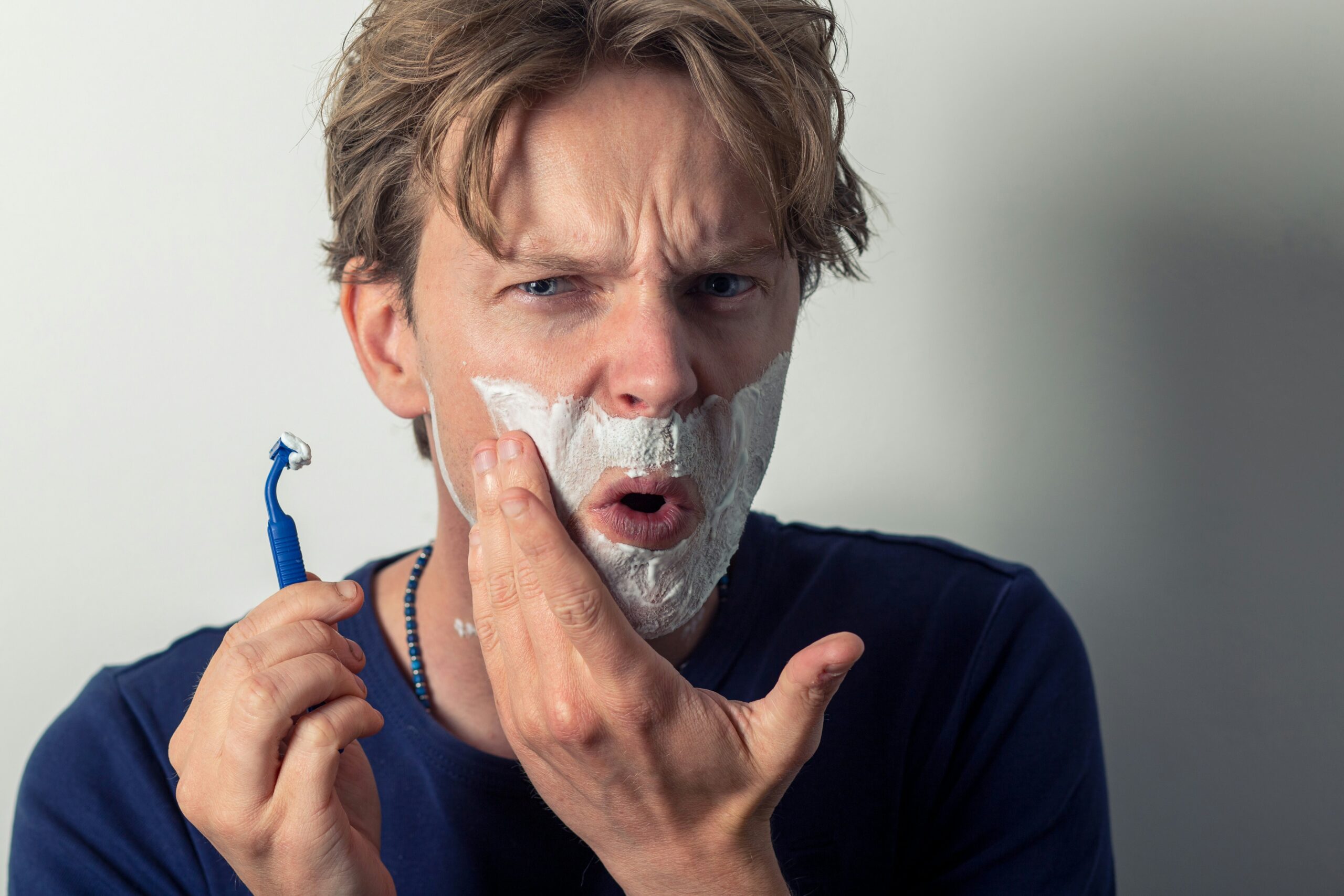Introduction to Skincare Mistakes
Skincare is an essential aspect of personal grooming and health, often overlooked by individuals in their daily routines. Many people unintentionally commit skincare mistakes that can adversely impact their skin health and overall appearance. These errors, while seemingly minor, can lead to a myriad of skin concerns, including acne, dryness, and premature aging. Understanding the common pitfalls in skincare practices is crucial for anyone aiming to achieve and maintain healthy skin.
In an age where beauty standards are perpetuated through social media and advertising, the importance of a proper skincare regimen cannot be overstated. Each person’s skin is unique, requiring personalized care to address specific needs. However, many individuals adhere to generalized advice or trends that may not suit their skin type, thereby exacerbating existing issues. Awareness of these common skincare mistakes can serve as a stepping stone towards more informed and effective skin management.
This blog post aims to illuminate five prevalent skincare mistakes along with actionable insights on how to avoid them. From neglecting the importance of sunscreen to over-exfoliating, these errors are frequent among individuals who may not fully understand their skin’s requirements. By identifying and correcting these behaviors, one can enhance their skincare routine, resulting in improved skin health and vitality.
As we progress through this discussion, it will become evident how simple adjustments can lead to significant benefits for the skin. Recognizing these errors is the first step; implementing the necessary changes is what ultimately leads to the desired results. Therefore, it is imperative to engage in continuous learning about skincare practices to foster a lasting commitment to skin health.
Mistake 1: Over-exfoliating the Skin
Exfoliation is an essential aspect of any skincare routine, as it helps to remove dead skin cells and promote a radiant complexion. However, many individuals fall into the trap of over-exfoliating, which can lead to a myriad of skin issues. Over-exfoliation occurs when exfoliating agents, whether physical scrubs or chemical exfoliants like alpha hydroxy acids (AHAs) and beta hydroxy acids (BHAs), are used too frequently or aggressively. This excess can strip the skin of its natural oils, leading to irritation, redness, and heightened sensitivity.
One of the most significant consequences of over-exfoliation is the potential damage to the skin barrier. The skin barrier is vital for maintaining hydration and protecting against environmental aggressors. When compromised, the skin can become dry, inflamed, and prone to infections. Signs of an over-exfoliated skin include persistent redness, peeling, or a sensation of tightness. Recognizing these symptoms early is crucial to prevent long-term damage.
To avoid the pitfalls of over-exfoliation, it is important to tailor your exfoliation routine to your specific skin type. For instance, individuals with sensitive skin may benefit from exfoliating just once a week, while those with oily or acne-prone skin might safely exfoliate two to three times a week. Gentle exfoliants, such as enzyme-based products or mild chemical exfoliants, can often provide effective results without the harsh effects associated with physical scrubs.
In addition, it is imperative to observe your skin’s response after each exfoliation session. If any adverse effects arise, consider adjusting the frequency or type of exfoliant used in your regimen. Proper exfoliation can yield significant skincare benefits, but moderation is key to maintaining a healthy, balanced complexion.
Mistake 2: Neglecting Sun Protection
One of the most prevalent skincare mistakes individuals make is neglecting to use sun protection on a daily basis. Many people assume that sunscreen is only necessary on sunny days or during the summer months; however, harmful ultraviolet (UV) rays can reach the skin regardless of the weather. This oversight can lead to detrimental effects on skin health, including premature aging and an increased risk of skin cancer.
UV rays, particularly UVA and UVB, have the potential to cause significant damage to the skin’s cellular structure. UVA rays penetrate deeply, contributing to long-term skin issues such as wrinkles, sagging, and age spots. On the other hand, UVB rays primarily affect the outer layers, causing sunburn and playing a key role in the development of skin cancer. Consequently, daily application of sunscreen is critical for maintaining skin integrity and preventing these adverse outcomes.
When selecting the right sunscreen, it is pivotal to choose a broad-spectrum formula that protects against both UVA and UVB rays. Furthermore, it is advisable to opt for a product with an SPF of at least 30, as this offers sufficient protection for most skin types. In addition to traditional creams and lotions, various options such as sprays, sticks, and tinted moisturizers with SPF are available, making it easier to find a suitable product that integrates seamlessly into daily routines.
Applying sunscreen correctly is essential for optimal efficacy. It should be applied generously on all exposed skin at least fifteen minutes before sun exposure, and reapplication is necessary every two hours or after swimming or sweating. By prioritizing sun protection, individuals can significantly reduce the risk of skin damage and support long-term skin health.
Mistake 3: Skipping Moisturizer
One of the most common skincare mistakes individuals make is neglecting to use moisturizer. This error is often committed by those with oily or acne-prone skin who mistakenly believe that applying moisturizer will exacerbate their skin’s greasiness. However, it is essential to understand that hydration is critical for all skin types, including oily skin. Skipping moisturizer can lead to various skin issues, including excessive dryness, flakiness, and can even worsen existing conditions such as acne or eczema.
Moisturizers play a vital role in maintaining the skin’s barrier function, which is crucial for overall skin health. When skin lacks moisture, it may compensate by producing excess oil, potentially leading to clogged pores and breakouts. Furthermore, inadequate hydration can cause the skin to become irritated, resulting in redness and inflammation. Thus, incorporating a suitable moisturizer into your daily skincare routine is fundamental for achieving a balanced complexion.
When selecting a moisturizer, it’s important to consider your specific skin type and concerns. For oily skin, lightweight, oil-free formulas containing hydrating ingredients like hyaluronic acid or glycerin are optimal; they hydrate without adding excess oil. Conversely, those with dry or sensitive skin should opt for richer creams that contain emollients and occlusive agents to provide lasting hydration and soothe irritation.
Establishing a balanced skincare routine is crucial, where moisturizing should be a non-negotiable step, even after cleansing and before applying sunscreen. By ensuring consistent hydration through moisturizer, you will maintain a healthy skin barrier, reduce dryness, and effectively manage any existing skin conditions. Making this simple adjustment can significantly improve the overall texture and appearance of your skin.

